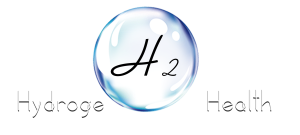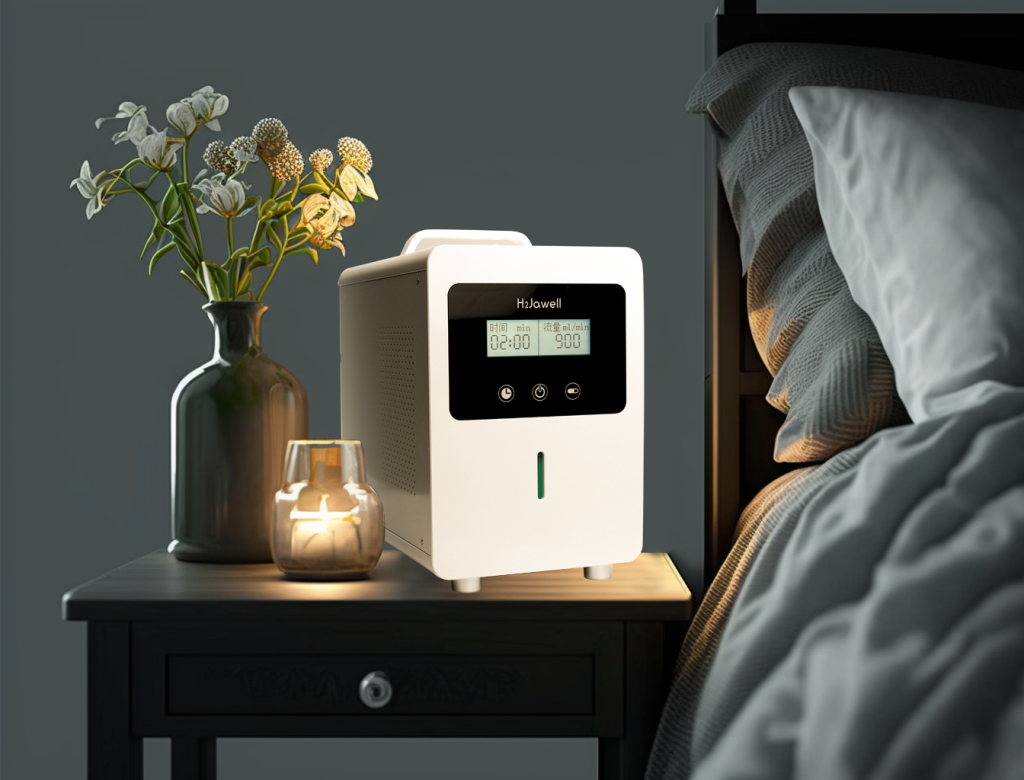Natural Healthy

Natural Healthy

Where do free radicals come from?
Free radicals are molecules with unstable electrons that can react with other molecules and cause oxidative damage. The process of free radical production in the human body is very complex and includes several factors:
Oxidative metabolism: The body's respiration and energy metabolism require oxygen, which is oxidized into water and carbon dioxide within cells. However, this process also produces free radicals.
Light and radiation: Ultraviolet and other sources of radiation can ionize molecules within cells, leading to the formation of free radicals.
Inflammatory response: Inflammation can cause cells to release a series of oxidizing substances, including free radicals.
Pollution and toxins: Exposure to pollution and toxins can also lead to the production of free radicals in the body, such as pollutants in the air, chemicals in tobacco, carcinogens in food, etc.
What makes molecular hydrogen unique?
Molecular hydrogen has unique effects on the human body, mainly due to its small molecular weight and selective antioxidant properties.
Firstly, molecular hydrogen is the smallest element in the universe, which allows it to easily pass through cell membranes and the blood-brain barrier, entering into cells and brain tissues to provide protection and support to different parts of the body.
Secondly, molecular hydrogen has selective antioxidant properties - it only reacts with the most reactive free radicals, thereby targeting only the free radicals that may cause harm to the body, while leaving the beneficial free radicals alone. This selective antioxidant property makes molecular hydrogen more effective and safe than some common antioxidants, such as Vitamin C and Vitamin E.
Therefore, molecular hydrogen has unique effects and advantages in protecting the body against free radical damage and oxidative stress.

Benefits of Hydrogen Therapy
Hydrogen therapy has been gaining attention as a potential therapeutic approach for various health conditions. Here are some of the reported benefits of hydrogen therapy:
It's important to note that the research on hydrogen therapy is still relatively new, and more studies are needed to fully understand its potential benefits and mechanisms of action. As with any medical treatment or supplement, it's recommended to speak with a healthcare provider before trying hydrogen therapy.